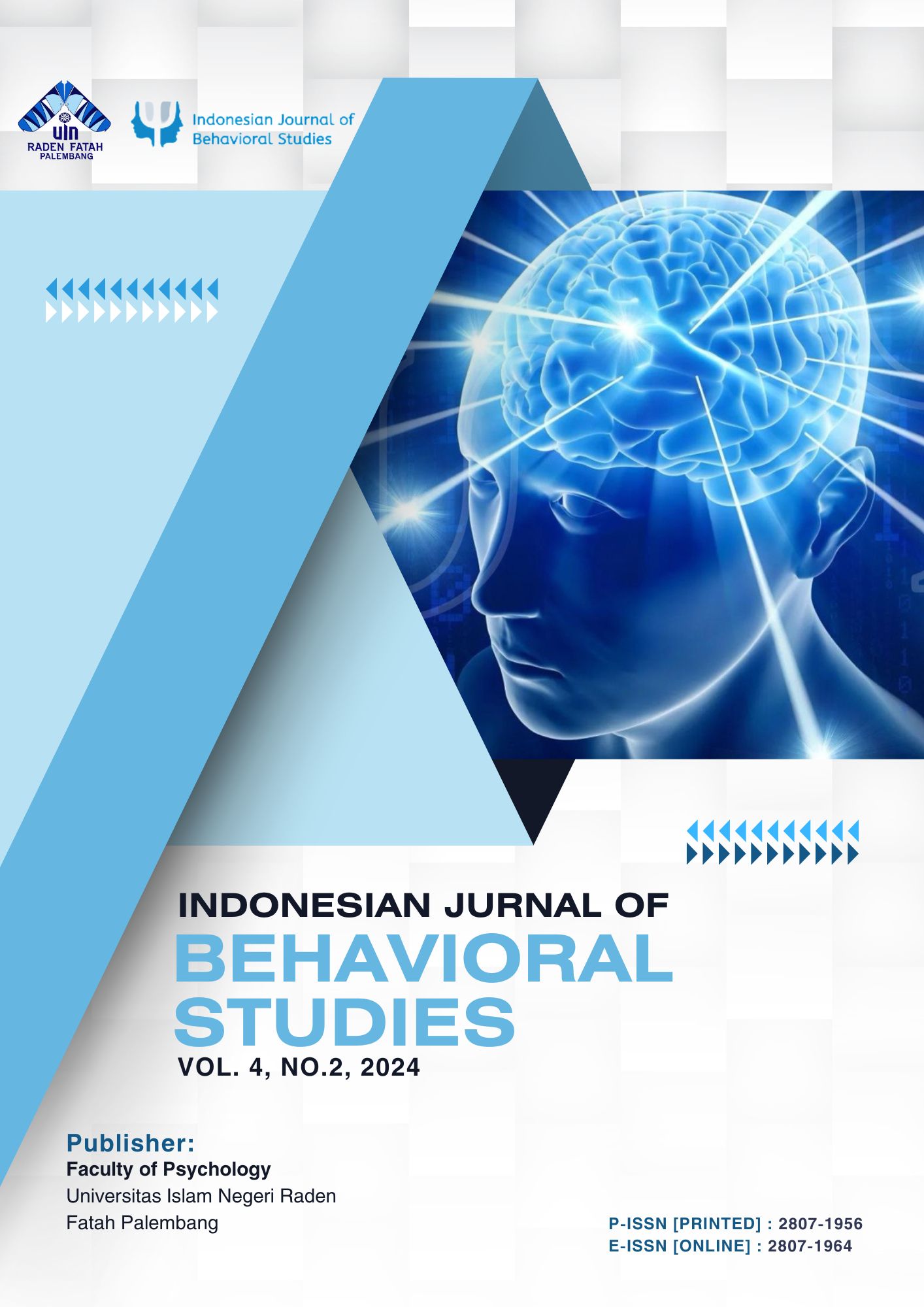The Role of Teachers in the Development of Learning Media for Block Play in Early Childhood Cognitive Development
Main Article Content
Abstract
The role of a teacher is very important in providing enjoyable and interactive learning methods, one of which is block play, to achieve cognitive development in preschool-aged children. This research uses the library research method or literature study approach. In this research, references include books, previous research journals, articles in the form of magazines or newspapers, and other scientific writings. This research provides a description of the role of teachers in the development of learning methods such as block play in the cognitive development of preschool children. Semi-structured interviews and structured observations of teachers who teach preschool children. The contributions of the research include a) interactive learning activities that incorporate games during learning, b) active participation of teachers in implementing interactive learning methods can enhance cognitive development, c) the establishment of cooperation with early childhood education providers and kindergartens, d) creativity that can be created and developed to improve cognitive abilities. The role of teachers in the development of interactive learning methods through block play becomes the focus of discussion to enhance cognitive abilities, so that preschool children have good memory, problem-solving skills, intellectual capacity, logic, and decision-making, especially at the later stages of development when children enter elementary school.
Article Details

This work is licensed under a Creative Commons Attribution 4.0 International License.
How to Cite
References
Aryani, N. (2019). Developing Early Childhood Education Learning Management Based on Child Development. State University of Padang. Atlantis Press (PICEMA 2018), Vol. 337.
Berk, L. E. (2009). Child Development (8th ed.). Pearson Education.
Bruner, J.S. 1961. “The Act of Discovery”. Romey, W.D. Inquiry Techniques For Teaching Science. Prentice Hall, INC, Englewood Cliffts.
Dimyati, Toenlioe & Adi. (2019). The Effectiveness of the Scramble Cooperative Learning Model on Improving Learning Outcomes in Recognizing Surah At-Tin for Fifth Grade Students. Journal of Technology Studies, 2(4), 261–267.
Gandana, G., Pranata, O. H., & Danti, T. Y. (2017). Improving the Ability to Recognize Number Symbols 1-10 through Cuisenaire Rods Media in Children Aged 4-5 Years at At-Toyyibah Kindergarten. Agapedia Early Childhood Journal, 1(1), 92–105.
Herawati. (2020). Memahami Proses Belajar Anak. Bunayya: Jurnal Pendidikan Anak. 4 (1) , 27–48. https://jurnal.arraniry.ac.id/index.php/bunayya/article/view/4515
Herlina, Aslan & Yuliantini. (2023). Implementasi Permainan Balok dalam Meningkatkan Aspek Perkembangan Kognitif Anak di Kelompok Bermain Kartini 1 Terpadu Di Dusun Jambu Desa Beringin Kec Sajad. Tarbiya Islamica. 11 (2) . 51-58
Hidayana, Izzah, and Kiromi. (2024). Improving Children's Ability to Recognize Colors Using Block Media in Early Childhood. Journal of Education Research. 5(2). Pages 1097-1104.
Hughes, C. (2002). The Role of Play in the Development of Cognitive and Social Skills. In M. Wood & H. Atkinson (Eds.), Play and Learning in the Early Years (pp. 55-69). Routledge.
Hughes, C., & Dunn, J. (2002). Understanding the Role of Play in Early Childhood Development. Journal of Early Childhood Education, 23(4), 235-243.
Kartini, W. (2023). Improving critical thinking skills in early childhood through STEAM-based learning. Al Fitrah Journal: Journal of Early Childhood Education, 2(1), 1–14.
Majid, A. (2012). Learning and Teaching. PT Remaja Rosdakarya.
Piaget, J. (1951). The Psychology of Intelligence. Routledge.
Perry, B. D., Jones, D., & Meany, A. (2017). The Influence of Early Childhood Education on Cognitive Development: The Role of Play and Interaction with Educators. Early Childhood Education Journal, 45(3), 27-35.
Pyle, A., & Bigelow, A. (2015). Creating Effective Learning Environments: The Role of Teachers in Stimulating Cognitive Development through Play. Early Childhood Research Quarterly, 30(4), 599-610.
Moleong, L. J. (2008). Qualitative Research Methodology. PT Remaja Rosdakarya.
Reswari, A. (2022). Efektivitas Permainan Bola Basket Modifikasi terhadap Kemampuan Motorik Kasar Anak Usia 5- 6 Tahun. Jurnal Obsesi : Jurnal Pendidikan Anak Usia Dini, 6(1), 17–29. https://doi.org/10.31004/obsesi.v6i1.1182
Rohma & Hikmah. (2023). The Role of Teachers in Fostering Cognitive Abilities Through the Beyond Center And Circle Time (BCCT) Learning Model in the RA Raudlatul Ulum Ganjaran-Malang Block Center. Juraliansi Journal: Journal of Early Childhood Scope. Vol (4) No (2).
Sugiyono. (2010). Metode Penelitian Pendidikan Pendekatan Kuantitatif, kualitatif, dan R&D. Alfabeta.
Syahrida, Wahyuningsih & Pudyaningtyas. (2017). Number Symbols through Media Picture Number Cards (In Group A Children Raudhatl Athfal Masyithoh) Plumpung Cawas Klaten Symbols. FKIP UNS Journal Systems, 5(1), 1-11.
Vygotsky, L. S. (1978). Mind in Society: The Development of Higher Psychological Processes. Harvard University Press.

